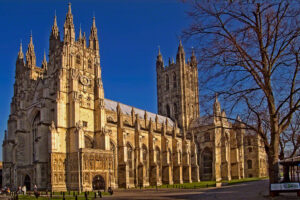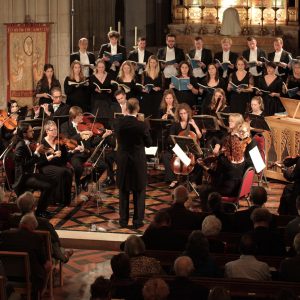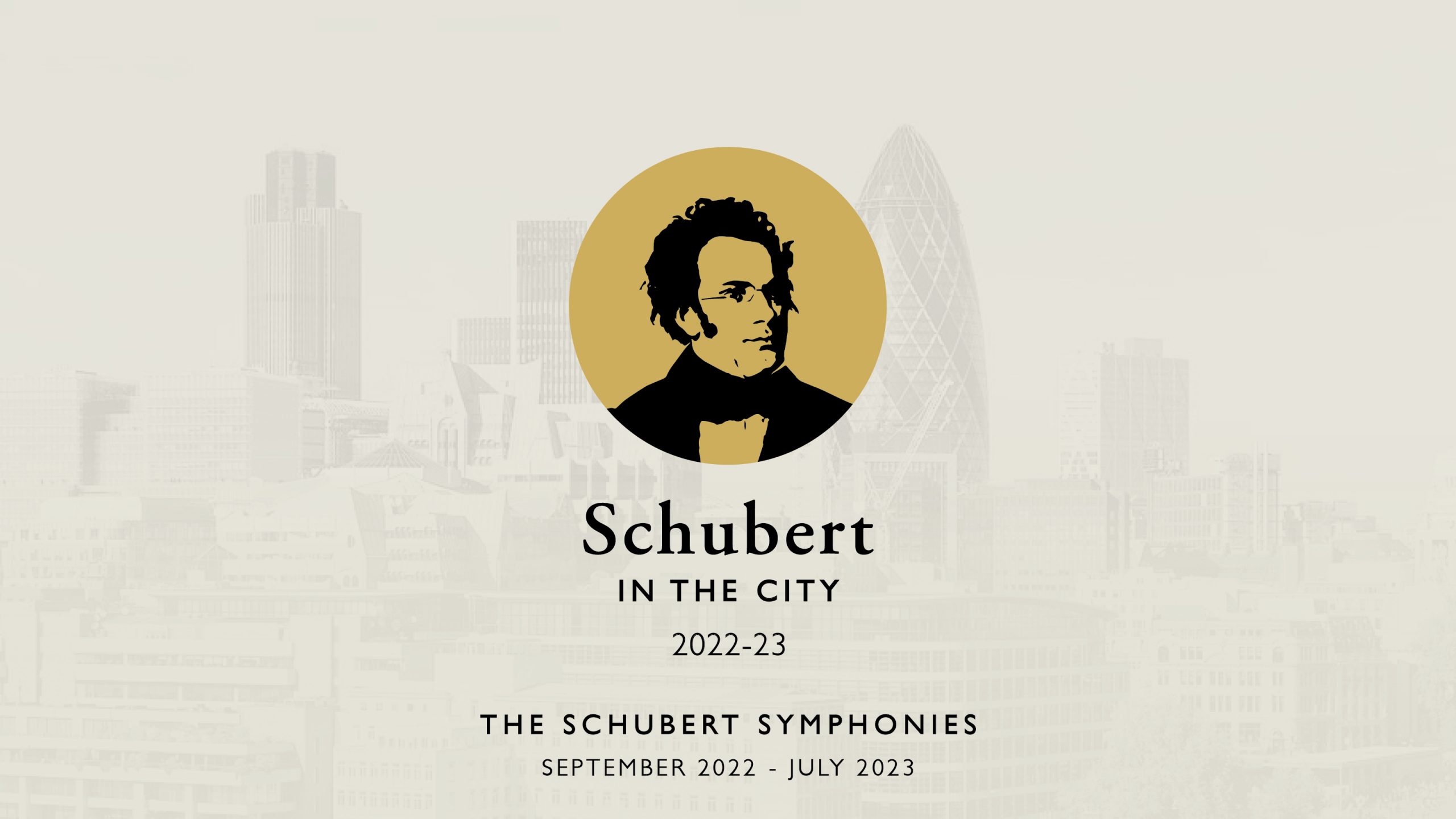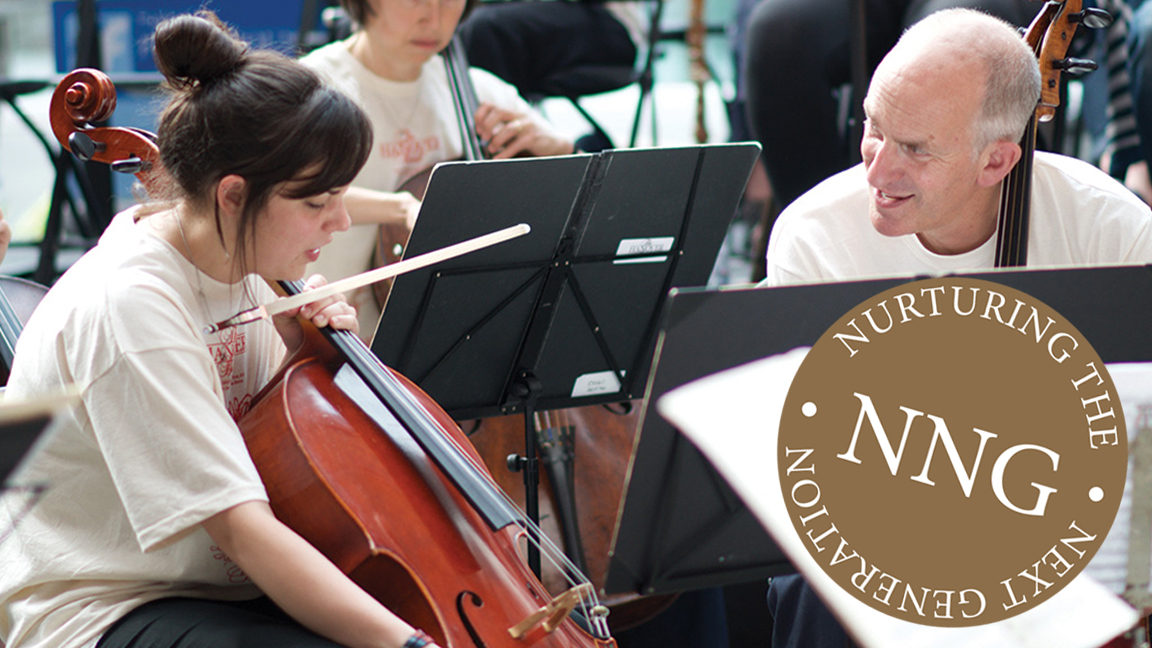
JS Bach | St John Passion
Programme
JS Bach
‘St John Passion’
About this Concert
Bach’s first great sacred masterpiece, the St John Passion, recounts Christ’s final days from the betrayal of Judas to the preparation for laying the body in the tomb.
Bach’s extraordinary music brings to life the humanity of the drama. The chorus takes on the role of the crowd, reflecting, together with the solo arias, on the progression of the Easter story. The narrative is sung by the tenor Evangelist and the entire work is bound together by chorales – German hymns greatly enhanced by Bach’s harmonic invention, culminating in arguably Bach’s finest chorale: ‘then from death awake me, I will praise you for ever’ – heart-rending and inspirational.
Canterbury Choral Society will again be joined by The Hanover Band, alongside an exceptional line up of soloists.
Artists
Canterbury Choral Society
Canterbury Choral Society Youth Choir
The Hanover Band
Richard Cooke, conductor
Christopher Bowen, Evangelist
William Gaunt, Christus
Rebecca Lea, soprano
David Allsopp, counter-tenor
Joseph Doody, tenor
Jimmy Holliday, bass
Sung in German
______________
This event is organised, managed and delivered
by Canterbury Choral Society.
“Strings are gleaming and engaged, their woodwind sublime, their brass bright and flexible, their percussion alert….”



